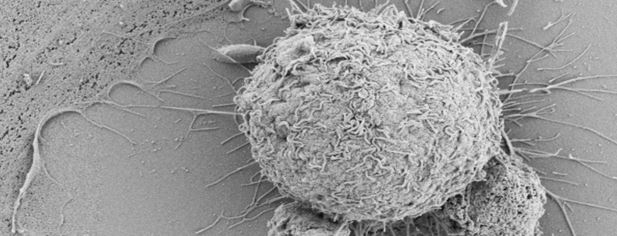Researchers at Oxford University have discovered that a newly discovered group of cells can help repair tissues in the body.

The researchers, who are supported by the NIHR Oxford Biomedical Research Centre, say these cells, which are abundant in our bodies, could be harnessed to help heal tissues and treat diseases such as infections of the lung, the bowel or the skin.
The research was published on 17 September in the journal Cell Reports.
The two Oxford teams were investigating a kind of white blood cell, the ‘Mucosal Associated Invariant T cells’, or ‘MAIT cells’ for short, which were only identified in the last few years.
Dr Timothy Hinks, of the University’s Experimental Medicine Division led one of two research groups studying these cells. He said: “MAIT cells are remarkable in several ways. They are very numerous throughout the different tissues of our bodies. They are also ancient in evolutionary terms, being found in animals as distantly related as humans, mice and even opossums and Tasmanian devils.
“The cells have changed very little in 150 million years, suggesting they play an important role in health. But it’s been hard to work out exactly what that key role is.”
It was first suspected they protect us against bacterial infections. Working with colleagues at the University of Melbourne, in Australia, the Oxford group has since shown that MAIT cells can also protect us against viral infections like influenza.
“But now we have also discovered a third and potentially very important role for these intriguing cells, in repairing damaged tissue,” said Prof Paul Klenerman, of the Nuffield Department of Medicine, who led the second research group.
He added: “When these cells sense bacteria and are activated, they turn on genes which can drive the damaged tissue to heal itself. This may be the explanation for why MAIT cells have proved so important to animals and humans in the past.”
He explained that the discovery opens up the possibility that these cells could be used in the future in new therapies.
“Potentially these cells, which can be activated by simple vitamin-related molecules, could be used to accelerate healing of wounds such as chronic skin ulcers or damaged gut in inflammatory bowel disorders like Crohn’s Disease and Ulcerative Colitis,” Prof Klenerman said.
As well as the Oxford BRC, Prof Klenerman and Dr Hinks are funded by the Wellcome Trust.